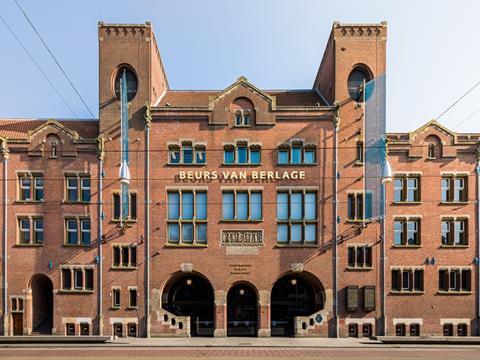
At SPC Engage and the Sustainable Packaging Summit this November, speakers will explore how to advance reusable packaging with a harmonized approach to categories, standards, and industry consortiums.
What have we learned from reusable packaging pilots? In the past five years, large brands and retailers have piloted reuse packaging and reaped lackluster results.
Rather than interpreting this as a sign of reuse not being viable, we need to see this as a limitation of time and place-constrained pilots themselves.
Instead of designing these reuse plans for long-term scale, many previous pilots were designed with a trial mindset and didn’t deliver value or appeal to a broad range of consumers. While pilots can be valuable in the short term, they are inherently limited in what they can teach us about long-term consumer adoption and scale for reuse.
How can we break the impasse that many companies are currently facing when it comes to implementing reusable packaging? Sessions at SPC Engage on Monday 11th November and the Sustainable Packaging Summit on Wednesday 13th November will highlight three ways companies can make meaningful progress on their reusable packaging commitments:
Align on best-fit categories
At SPC Engage, speakers will provide insights on the best product categories for reusable and refillable packaging around the globe. Which categories are on the table?
- Beverage bottles
- Takeout containers and to-go cups
- Retail bags
- Packaged food
- Home and personal care products
- Secondary packaging, including transport packaging
- E-commerce packaging, such as mailers
In all of these contexts, packaging has high-use or high purchase frequencies and is often part of closed-loop systems, subscription models, or existing reverse logistics. With smarter design, reusable packaging for these categories can help deliver better protection of the product and more value to consumers.
Move cohesively as an industry
For success and scale, industries will need to work together on a coordinated plan for implementing reuse. This will likely involve sharing and standardizing packaging designs and infrastructure, as well as consistent, multi-channel communication aimed at reducing barriers to reuse and delivering benefits.
Based on the best-fit categories, key industries ripe for collaboration on reuse include:
- Beverage companies
- Sports and entertainment venues
- Retailers, both brick and mortar and e-commerce
- Restaurant chains
- Hospitality and food service groups
- Consumer packaged goods companies
By working together, these industries can “row in one direction,” lower the upfront and operational costs of reuse by building out efficiencies, and avoid confusing consumers with conflicting messages or offerings.
Leverage international standards
Successful reusable packaging systems, particularly ones with pooled assets, will depend on standards and protocols for outlining the packaging design and appropriate labels, as well as the operating procedures for the reverse logistics.
Oftentimes, these standards are created and managed by industry groups or nonprofits. For example, the French producer responsibility organization CITEO has reviewed design, specification, and testing standards for fifteen categories of packaged and fresh food to inform the future of standardized reusable food packaging in France, with the goal of meeting a 10% reusables target by 2027.
The Sustainable Packaging Summit will feature speakers from the groups PR3 and GS1 to discuss the development of standards around reusable packaging. Soon companies will be able to leverage the environmental and cost-efficiencies of using the same labels, iconography, and filing and washing infrastructure.
Want reusable packaging to succeed? Consider setting up reuse offerings that give consumers the experience they currently have when shopping and dining—one of convenience, frictionlessness, and ease.
Scaling reuse will require moving to shared, standardized solutions across a handful of key products categories. When that happens, consumers will be eager to engage with reusable systems that are widely available, well-integrated, cost-effective, and convenient. Scaled solutions will offer consumers the value they are looking for as a reward for the behavior change involved.
GreenBlue’s European event, SPC Engage, will be taking place in Amsterdam at the Beurs van Berlage one day before Packaging Europe’s Sustainable Packaging Summit. To learn more, click here.














No comments yet